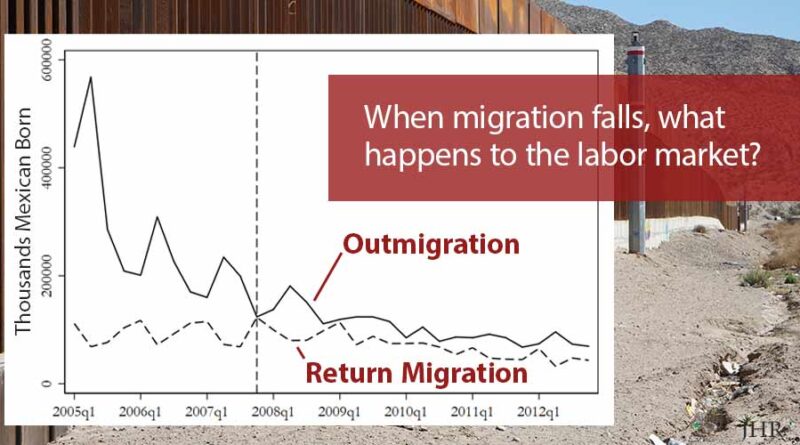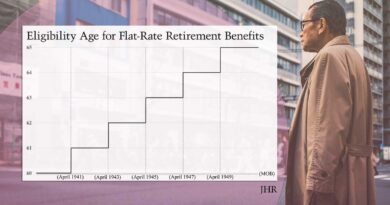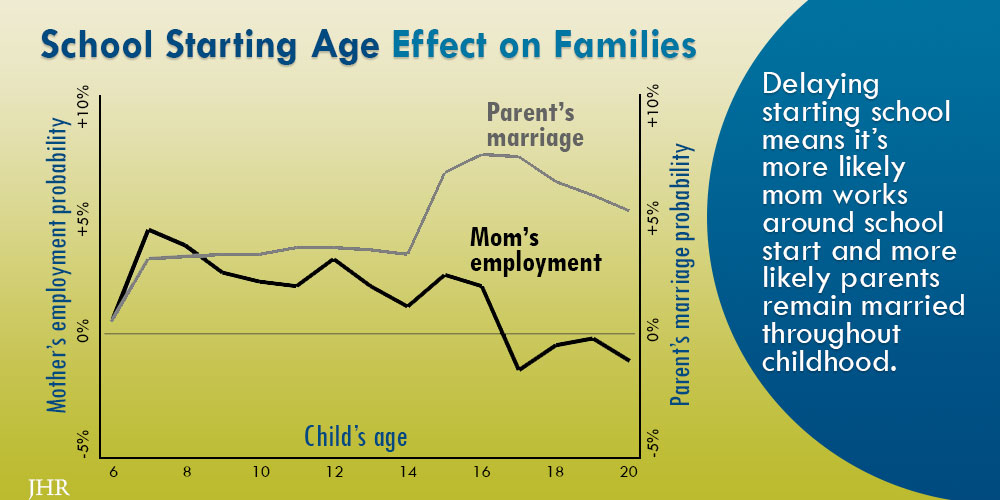When Fewer People Emigrate—A Look Back at How Mexico’s Labor Market Responded
What happens to labor market outcomes in a traditional migrant-sending country when net migration falls? Emily Conover, Melanie Khamis, and Sarah Pearlman examine the impact of a vast reduction in net migration on labor markets in Mexico.
While most research focuses on periods of increasing migration, they study the reversal of these trends. They indicate that their findings are relevant to understanding what may happen in an origin country when restrictions or economic crises may impact the flow of migrants.
The team finds that the Great Recession drove declines in migration from Mexico, when young men ceased to migrate. These declines in migration increased labor supply in Mexico, particularly among the most likely migrant group—less well-educated men.
Mexican labor markets were not able to fully absorb this shock, and employment probabilities and wages fell for this group of workers. Many of these workers went into the informal sector, but as salaried workers instead of self-employed ones. The impact of declining outmigration spilled beyond the would-be-migrant group, as wages actually rose for highly educated men. This may result from increased returns to managerial skill, if firms relied more on less well-educated labor than before.
Read the article in the Journal of Human Resources: “Declining Outmigration and Local Labor Markets,” by Emily Conover, Melanie Khamis, and Sarah Pearlman.
***
Emily Conover is a Professor of Economics at Hamilton College (econover@hamilton.edu). Melanie Khamis is an Associate Professor of Economics at Wesleyan University and is an IZA research fellow (mkhamis@wesleyan.edu, @MelanieKhamis). Sarah Pearlman is a Professor of Economics at Vassar College (sapearlman@vassar.edu, @SarahPearlman8).




